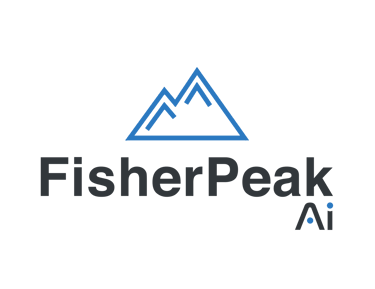Why AI Generalists Will Thrive in 2025 (and How You Can Become One)
Part 1: Discover why specialization is dead and how becoming an AI generalist can future-proof your career in 2025.
AI SKILLS FOR THE FUTURE OF WORK
Grant DeCecco
5/26/20252 min read
The Rise of AI Generalists: Why Adaptability Beats Specialization
This is Part 1 of my 6-part series on the essential AI skills every professional should be building now. Over the next five posts, I’ll guide you through the key capabilities that define what I call the AI generalist:
Part 2: How to build apps without writing code
Part 3: How to automate repetitive work using digital workers
Part 4: How to generate and enhance content using AI tools
Part 5: How to grow your personal brand using AI-enhanced strategies
Part 6: How to bring all of this together in a step-by-step AI skills roadmap for 2025
Let’s start with the foundation: why generalists—those who can learn, adapt, and integrate AI across disciplines—will thrive in the years ahead.
My name is Grant DeCecco, and I've spent the last 20 years helping organizations evolve through digital transformation. Today, I’m focused on the most significant shift of our time: how artificial intelligence is fundamentally reshaping the way we work, think, and solve problems.
The old model is breaking
For decades, we were told to specialize. Get really good at one thing—law, finance, software development, marketing—and build your entire career around it.
But AI is changing that equation.
AI is now performing at or beyond human level in areas like legal review, medical imaging, code generation, and content creation. The result? The value of deep specialization in a single area is declining.
Instead, the edge now belongs to those who can work across disciplines. People who know enough to integrate tools, connect insights, and apply AI in real-world contexts. People who adapt fast.
In short: AI generalists.
What is an AI generalist?
An AI generalist isn’t a coder, a designer, or a data scientist. It’s someone who knows how to use AI to build, automate, create, and communicate.
They may not be the best at any one thing but they’re dangerous across many.
Imagine being able to:
Build an internal tool in a day without a developer
Automate your inbox and client follow-ups
Draft a report, generate visuals, and edit a video in one afternoon
Grow your influence with consistent, high-quality content
That’s the AI generalist advantage: speed, flexibility, and leverage.
Why adaptability beats specialization
Let me share a quick example. A client of mine a PMO Manager was struggling with risk reporting. Reviewing logs for quality and emerging risks consumed hours of their week and left little time for strategic insight.
We set up a Power Automate flow to monitor changes in the risk log and used Microsoft Copilot to inspect entries for emerging risks, trends of interest to executives, and overall quality. The AI then generated structured reports for governance teams.
The result? More accurate risk identification, earlier mitigation, and significant time saved each week.
They didn’t become a data analyst or an AI engineer—they became adaptable.
What you can do this week
✅ Start tracking where your time goes. Look for patterns: What are you repeating? What could be automated?
✅ Choose one AI tool to experiment with. Try ChatGPT, Zapier, or Claude. Give yourself a small project.
✅ Pick a skill to build. App creation, automation, content, or personal branding—start with the area that touches your current role.
✅ Follow this series. Each post will break down one core skill, show you tools, and give you clear next steps.
Specialists built the last era. Generalists will lead the next one.
If you're ready to adapt and lead in the AI-powered workplace, you're in the right place.
Let’s build your AI toolkit—starting today.

